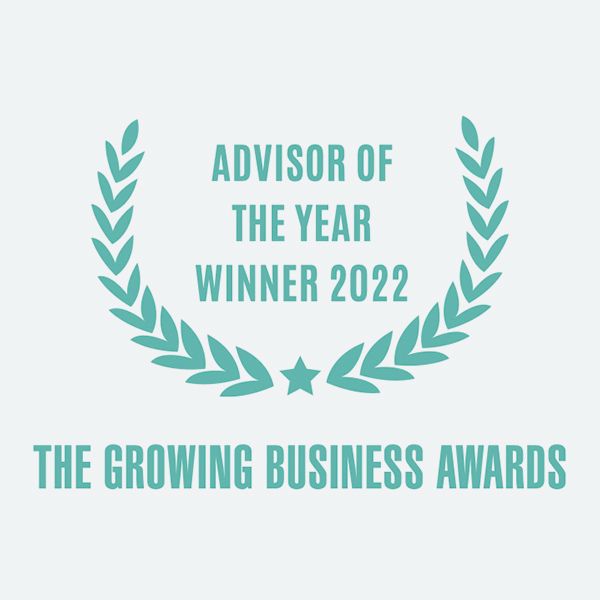

The importance of building trust in the workplace
16th August 2018

Author
Richard Ross, Director, Chadwicks
Chadwicks provide specialist exit management services for startups.
And so another season begins.
I rifle through the pile of shirts, hunt down a No.4 and, pushing kit bags to one side, claim my place on the bench to start the ritual pre-game preparation. As a younger man I’d use this time thinking about my chances of scoring a try, today I’m hoping to get through the game intact. Unfamiliar faces meet my gaze as I scan the room; I know the names of only half the team and have played regularly with no more than a small handful. No worries, I’m down as a replacement and my plan is to come on for the last ten minutes. This should mean I can claim I played a part in our historic victory while still being able to get out of bed relatively easily tomorrow morning.
Fifteen minutes in, flanker Chris comes off with a nasty gash to his head and I’m puffing around the park, after striplings a third my age. Man for man we are the bigger, stronger side but they are younger and fitter, much fitter. More importantly, they are a team whereas we are a bunch of blokes in similar shirts. This proves a critical distinction as the game develops a relentless rhythm. Our strength means we tend to win the ball initially but no-one is quite sure if it’s their job to take it on. There is a split second of hesitation, no more than a moment but long enough for one of the opposition gazelles to pinch the ball and go haring off up the pitch. Once they are running at pace we can do little but stand back and hope they trip on a divot. There is no way we will get close enough to tackle them.
By the end of the game, we are starting to understand one another, to build the magic that makes the whole greater than the sum of the parts. This special bond is at the core of every successful team, whether in sport or business. Once we know our teammates we can start to rely on them, to trust them.
Trust here is not about honesty, it is more nuanced. It is about each knowing how someone will react to a situation. Will he expect me to take on the ball or will he pick it up and run with it himself? Trust is important because only when we have trust in the workplace can we start transferring our tacit knowledge – the embedded knowledge that is a combination of experience and intuition; the deeper, more valuable knowledge.
Without trust in the workplace, we must build teams of all-rounders because we need to be confident that all bases are covered. Unfortunately, even good all-rounders tend not to be remarkable in any particular areas – it sort of goes against the definition. This means our team is likely to be competent but not outstanding.
However, with trust in the workplace, we can build a team of people who are brilliant in specific areas, but weak in others. By combining different skills a weakness here can be covered by a strength there. This is the type of team that has the potential to be exceptional and sits at the heart of our most successful businesses.
Integrity is the starting point for building a trust in the workplace. Shared values and ethics alongside the confidence that everyone will apply these with the same rigour creates a firm foundation that can be supported by other elements, such as our brand. Our brand is what captures the essence of our business. It conveys both to ourselves and the outside world what working with us is like. It is the sum of everything our clients see, hear and touch. It is intangible but the experience it suggests is tangible evidence of our integrity.
By behaving with integrity, in the sense of having strong shared values, we can create a team that itself will have integrity, in the sense of being whole.
Keep up to date with what we’re up to via email






Copyright ©Robot Mascot Ltd. All rights reserved.





